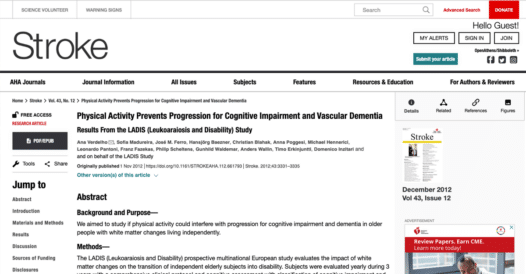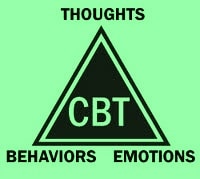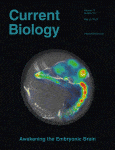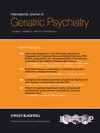Magnetic Stimulation Can Improve Memory in Schizophrenia
A new study published in Biological Psychiatry provides new evidence that stimulating the brain using repetitive transcranial magnetic stimulation (rTMS) may be an effective strategy to improve cognitive function. A randomized, 4-week controlled trial (n=27) evaluated whether rTMS can improve …






